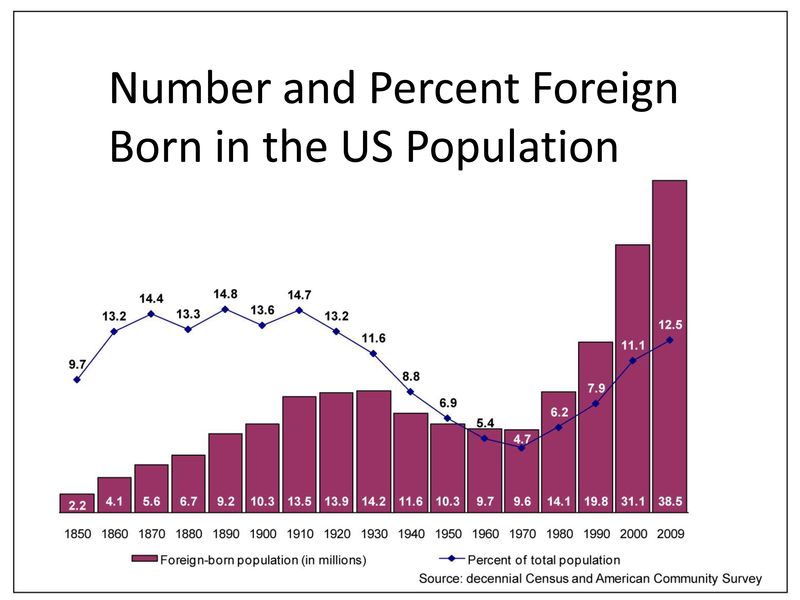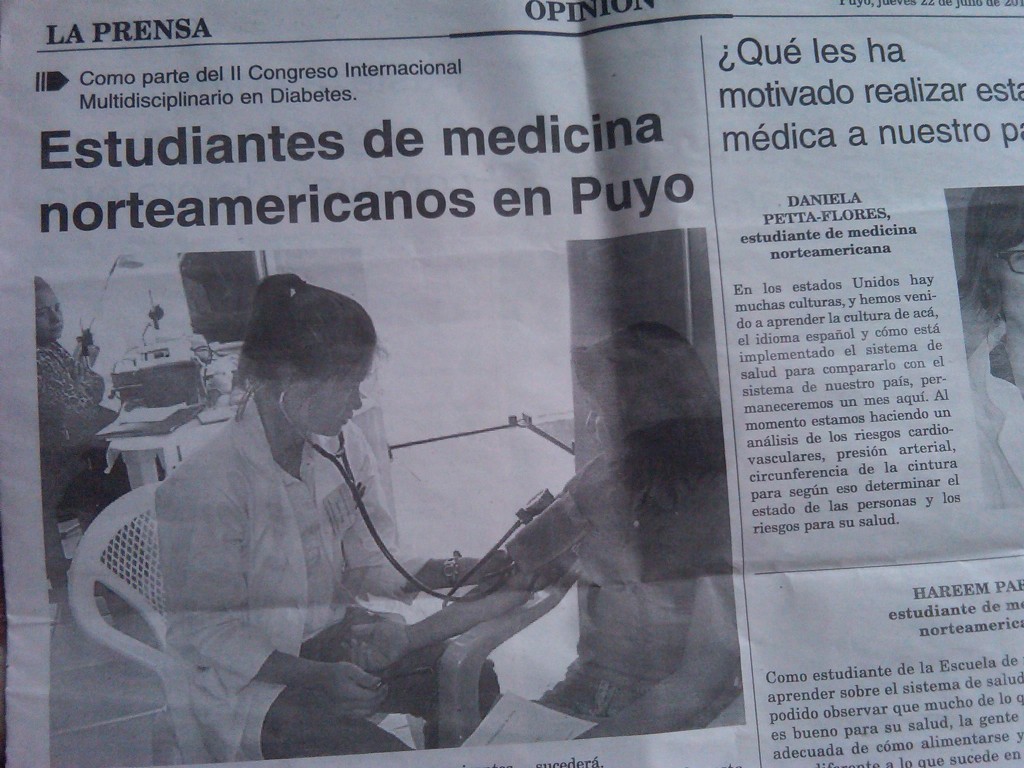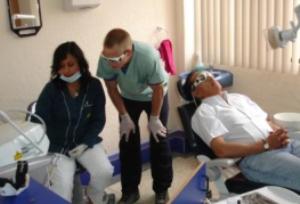In 1998 Ecuador was the first Latin American country to name reproductive and sexual health as constitutionally guaranteed human rights. Continue reading
Tag Archives: Ecuador
CFHI’s Model for Global Health Electives Included in Oxford University Press Publication
“Global Health Ethics is once again in the forefront of discussion with the recently published Oxford Handbook of Neuroethics chapter emphasizing the relevance of biomedical, clinical and public health ethics within the global medical and academic community. Child Family Health International’s (CFHI) Evaleen Jones M.D., Jessica Evert M.D., Scott Loeliger M.D., and Steven Schmidbauer co-authored the chapter on the importance of establishing and sustaining an ethical framework for educational global health programs.
So reads the beginning of the Press Release for CFHI issued today. Needless to say, we are all very proud and very happy to have this recognition especially from such a noted publisher as Oxford University Press. The portion that CFHI contributed to this chapter on Global Health Ethics is an attempt to describe our model of working in underserved communities by identifying local experts and building on the inherent strengths of the communities. We have seen over and over again low-resource settings where amazing things are being accomplished every day in patient care due to extremely dedicated local professionals. We see their deep commitment to serving the people and we join together with the local health professionals to design Global Heath Education Programs that are open to international students and trainees. You can read our submission here but I want to take this opportunity to thank all our international partners who have chosen to work with us to develop this model and make it successful for the last 20 years. No partnership is one-sided and we are deeply indebted to all the local doctors and nurses, hospital and clinic staff, local coordinators, host families, language teachers, drivers and many others who make our international programs function so well, even in some very challenging circumstances. Our hats are off to all members of the CFHI global family –you all share in this recognition!
Read the full CFHI Press Relase and Chapter.
New US Census Data Shows Diversity of US Population Increasing
 “We are approaching a new highpoint in the prevalence of US residents who were born outside the country.” This is part of a message on the Director’s Blog of the US Census Bureau website that is aimed at the marketing industry, at advertisers of goods and services, but we at CFHI believe it is also important information for current and future health professionals.
“We are approaching a new highpoint in the prevalence of US residents who were born outside the country.” This is part of a message on the Director’s Blog of the US Census Bureau website that is aimed at the marketing industry, at advertisers of goods and services, but we at CFHI believe it is also important information for current and future health professionals.
While the Census Bureau is providing this new data, none of the basic trends of an increasingly diverse population for the United States should be a surprise to us. Forward thinking health professionals and medical educators have seen the indications of these trends for many years. Health science students (including medical students, nursing students, and public health students) have not waited for courses to be developed by the data that is now beginning to be analyzed, but have taken the initiative to seek out medical electives and rotations that would give them first-hand experience of different cultures and the different ways people view health around the world.
With some 6,000 alumni of CFHI Global Health Immersion Programs to date, we hear over and over again from them how their CFHI experience gave them insight into the role that culture plays in health and healthcare. Tenny Lee, a 2010 CFHI Mexico alum, reports: “My experience in Mexico has given my medical career a foundation to help underserved communities and break though language and cultural barriers.” You can read more about her CFHI experience in her review posted on the website Great Nonprofits. The ability to competently serve a more widely diverse patient population will clearly become the expectation for health professionals, as we can see from the wealth of information that the US Census Bureau is releasing.
 One of the most important data points released so far is that the Hispanic population of the US now exceeds 50 Million, a 43% increase since the last census as reported by CNN. And it is not just in border states in the south. The CNN article quotes demographer Jeffrey Passel at the Pew Hispanic Center as saying, “Previously, the Hispanic population was concentrated in eight or nine states; it is now spread throughout the country.”
One of the most important data points released so far is that the Hispanic population of the US now exceeds 50 Million, a 43% increase since the last census as reported by CNN. And it is not just in border states in the south. The CNN article quotes demographer Jeffrey Passel at the Pew Hispanic Center as saying, “Previously, the Hispanic population was concentrated in eight or nine states; it is now spread throughout the country.”
Medical schools, organizations, and institutions of higher learning have also recognized these trends, and CFHI has been happy to work with many of them to design specific programs. The Patient Advocacy Program at the Stanford Medical School began a program abroad with CFHI in 2007. The University of California at Davis has partnered with CHFI for over five years now to offer a Bi-National Health Quarter Abroad program for undergraduates in special arrangement with the Chicana/o Studies Department at UCD. Both of these programs also make use of CFHI’s built-in Spanish Language and Medical Spanish Instruction. Students are also living with host families so they are immersed into the culture during the program. Guided journaling and weekly meetings help students reflect and integrate what they are learning from their daily interactions. CFHI is also working with others, including Northwestern University, The Student National Medical Association (SNMA), -which you can read more about in an earlier posting– and the Public Health Institute in association with the Global Health Fellows Program. CFHI has been able to partner with each group and use our 20 years of experience working at the grassroots level in underserved communities abroad to design programs that meet specific learning objectives that are achieved in real life settings with the help of local health professionals who have the unique expertise of the local healthcare system and the best understanding of the local culture.
Jessica Brown, a 2010 CFHI Ecuador alum, pulls it all together in her reflection about her CFHI experience:
“… [I] learned a wealth of information about health that extended beyond the Reproductive realm.” Jessica goes on to say, “I learned a lot about Ecuador’s healthcare system by discussing health care access, education, socioeconomic class and ethnic background with my mentors and preceptors. I learned about how religion, education and customary social/cultural schools of thought (i.e. machismo) weigh heavily on Ecuador’s society, and individual minds; I saw how the cultural “way” dictated the population’s attitude towards healthcare, especially in Women’s Reproductive Health.
The moments that caused me to question belief systems in place within myself really stretched me beyond limits I never knew possible. And it is these reflections upon the state of health care in Quito that can broaden my understanding of client needs, beliefs and culture here in the states.”
CFHI Students make Local Press in Ecuador
CFHI students made the local press in Ecuador this summer. La Prensa, a local publication in the town of Puyo in the Pastaza Province of Southern Ecuador, carried a full page story of CFHI Students on the Amazon Indigenous Health Program, one of CFHI’s Global Health Immersion Programs.
Puyo, a city of about 25,000 people, with its close proximity to the Amazon Jungle, functions as the base for this program that allows students to see the interplay between the government Ministry of Health and the traditional medicine of indigenous populations living in the jungle much as they have for many hundreds of years. Dr. Wilfrido Torres, a local physician and the Medical Director of several CFHI programs, reports that international students coming to Puyo and to the Jungle Region, “help the local population see that local doctors and community health workers have important knowledge to share with the world.” CFHI is honored to have local experts like Dr. Torres who are eager to interact with international students.
This summer, the CFHI students were able to participate in a medical conference that CFHI helped support. The conference, a multidisciplinary conference on the latest treatments and testing for diabetes and hypertension, was part of a series of conferences to educate health professionals and paraprofessionals on these chronic diseases that are relatively new to the local population.
A Dental Program for International Students
One of CFHI’s newest programs is a Dental Program set in Quito, Ecuador.
CFHI is happy to partner with the Sonrie Ecuador Clinics to provide an outstanding program for pre-dental and dental students who want to understand how oral health is approached in a different culture and a different healthcare system.
The “Sonrie Ecuador Clinics” provide dental care and promote oral health in Quito and its surrounding neighborhoods. The clinics have been operating for over twelve years and continually strive to better the services offered to their patients give attention to the dental health. In general, the main dental problem seen by Ecuadorian dentists is cavities. Ecuadorians are considered to be concerned about their dental health, although adequate oral hygiene is not, in reality, reported amongst the majority of the population.
This program will provide a rich and diverse experience for pre-dentistry and dentistry students, allowing them to view local oral health practitioners providing close to world class care in a developing country while at the same time improving their cultural competency and broadening their public health knowledge. Ecuadorian dental professionals who work in a country are interesting and thought provoking as they give context to the real challenges of providing the best possible dental care to the different socioeconomic classes of Ecuador.




